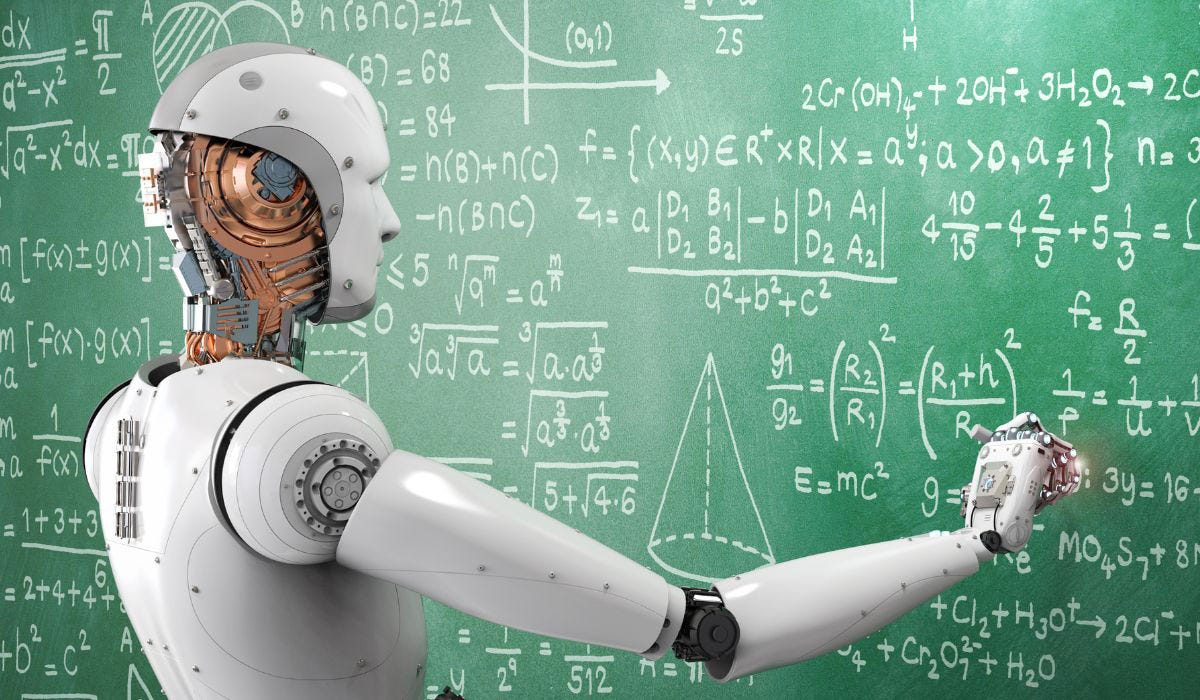The Future of Artificial Intelligence: What Lies Ahead?
by Smais Shawon , Backend Developer
1. AI and Healthcare: Transforming Patient Care
AI in healthcare is set to revolutionize patient diagnosis, treatment, and care. With the help of machine learning algorithms, doctors can diagnose diseases faster and more accurately. AI-based tools can analyze medical records, predict disease outbreaks, and even assist in developing new drugs. In the near future, we might see AI-driven personalized medicine tailored to an individual's genetic profile.
Key Advancements:
- Predictive Diagnostics: Early detection of diseases like cancer.
- Robot-Assisted Surgeries: More precise and less invasive surgeries.
- Personalized Treatments: AI will help tailor treatments based on genetic data.
2. Autonomous Vehicles and Transportation
Self-driving cars have been a hot topic for years, but AI's role in transportation will likely extend far beyond cars. AI could enhance public transit, logistics, and even air travel. Autonomous vehicles may reduce accidents, improve fuel efficiency, and decrease traffic congestion. This shift will redefine how we think about commuting, car ownership, and city planning.

Key Advancements:
- Fully Autonomous Cars: Expected to become mainstream within a decade.
- AI-Managed Traffic Systems: Efficiently controlling traffic flow.
- Aviation Automation: AI could eventually assist in piloting commercial flights.
3. AI and the Future of Work
AI will have a profound impact on the workplace, automating repetitive tasks, enhancing productivity, and even performing roles currently held by humans. While this raises concerns about job displacement, AI can also create new types of work and support employees by handling mundane tasks.

Key Advancements:
- Task Automation: AI will handle routine tasks, allowing humans to focus on complex and creative tasks.
- AI-Driven Insights: AI can analyze large data sets to uncover trends and insights.
- Job Creation: New roles will emerge in AI development, ethics, and maintenance.
4. Ethical AI and Responsible Development
As AI becomes more ingrained in society, ethical concerns around bias, privacy, and accountability will become increasingly important. Governments, companies, and researchers are already working on frameworks for responsible AI development to ensure that the technology is used fairly and safely.
Key Considerations:
- Bias Mitigation: Reducing bias in AI algorithms.
- Data Privacy: Ensuring that AI respects individual privacy rights.
- Transparency and Accountability: Holding AI systems accountable for their decisions.
5. AI in Education: Personalized Learning
AI has the potential to personalize education by adapting learning experiences to individual students’ needs. AI-driven platforms can assess a student’s strengths and weaknesses, providing targeted exercises and feedback. This tailored approach could help make learning more effective and accessible.

Key Advancements:
- Adaptive Learning Platforms: Customizing lessons for each student.
- AI Tutors: Providing assistance outside of the classroom.
- Enhanced Student Engagement: AI-powered tools that make learning more interactive.
6. The Rise of AI in Art and Creativity
AI is also making waves in the creative world, generating art, music, and literature. While AI-generated art has sparked debate, it has also opened up new creative possibilities and collaborations between humans and machines.

Key Advancements:
- AI-Generated Art and Music: Expanding the boundaries of creative expression.
- Collaborative Creation: Artists and AI working together on projects.
- New Art Forms: Exploring generative design and digital art.
7. AI and Environmental Sustainability
AI can play a critical role in addressing climate change by helping us better understand and mitigate environmental impacts. AI systems can optimize energy usage, monitor pollution levels, and model climate patterns, helping policymakers make data-driven decisions for a sustainable future.
Key Advancements:
- Climate Modeling: Predicting climate trends and impacts.
- Resource Management: Optimizing the use of water, energy, and land.
- Waste Reduction: AI-enabled recycling and waste management systems.
Conclusion
The future of AI holds exciting possibilities that could redefine how we live, work, and interact. While AI presents challenges, such as ethical considerations and job displacement, its potential to drive positive change is immense. As AI technology continues to advance, society will need to adapt to these changes responsibly, ensuring that the benefits of AI are shared widely and ethically.
The journey of AI is just beginning, and its future remains one of the most fascinating aspects of our technological evolution. Are we ready to embrace it?
What do you think? Join the conversation by sharing your thoughts on the future of AI and how it could shape the world.
